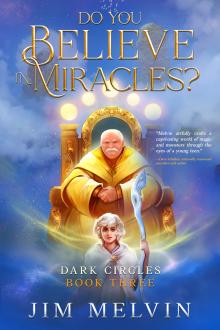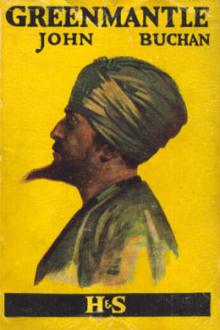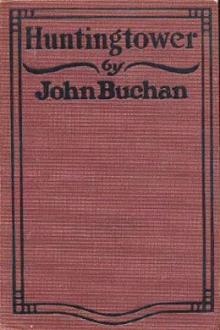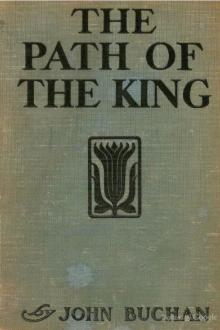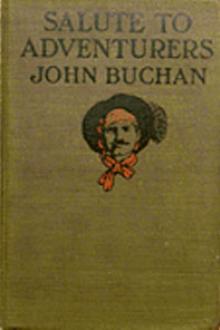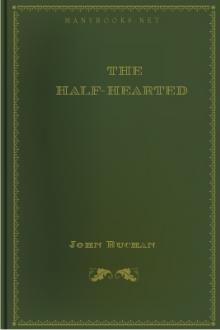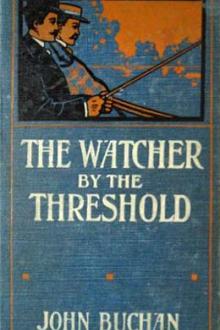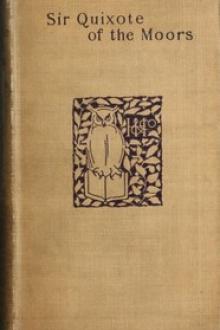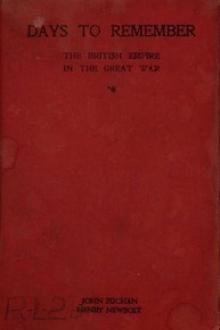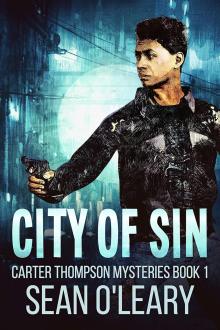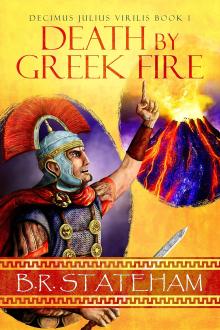The Moon Endureth
The Moon Endureth
Tales and Fancies
Book Excerpt
nn and turned a canto of Aristo
into halting English couplets. By-and-by it cleared, and I
headed westward towards Bozen, among the tangle of rocks where
the Dwarf King had once his rose-garden. The first night I had
no inn but slept in the vile cabin of a forester, who spoke a
tongue half Latin, half Dutch, which I failed to master. The
next day was a blaze of heat, the mountain-paths lay thick with
dust, and I had no wine from sunrise to sunset. Can you wonder
that, when the following noon I saw Santa Chiara sleeping in its
green circlet of meadows, my thought was only of a deep draught
and a cool chamber? I protest that I am a great lover of natural
beauty, of rock and cascade, and all the properties of the poet:
but the enthusiasm of Rousseau himself would sink from the stars
to earth if he had marched since breakfast in a cloud of dust
with a throat like the nether millstone.
Yet I had not entered the place before Romance revived. The little town--a mere wayside halting-place on the great mount
FREE EBOOKS AND DEALS
(view all)Popular books in Adventure, Short Story Collection, Short Story, Poetry, Science Fiction, Fantasy, Fiction and Literature
Readers reviews
5.0
LoginSign up
The Moon Endureth: a contemporary review
The Moon Endureth (Blackwood) is a collection of tales and fancies, in prose and verse, which Mr John Buchan has contributed to Blackwood's Magazine. It reminds me of an old, well-thumbed saffron book, called, I think, Tales from Blackwood, which was one of the soberer delights of my schoolboy days a many moons ago. It isn't only that in several of the stories Mr Buchan makes me feel the thrill and ecstacy that comes of the cool, clean breath of mountain and moor and loch, and the boundless space of sunlit skies and the sound of running waters. That he can always do when he sets his mind to it. But he has somehow caught the indefinable spirit of the old 'Maga' magic which makes a typical Blackwood story as different from ordinary magazine fiction as the spacious repose of Tudor houses from the irritating pretence of modern jerry-built villas. His title, which is not very happily chosen, refers really not to the promise of the Psalmist, but to the belief of St Francis that the moon stands for the dominion of all strange things in water or air. In that region of mystery and horror Mr Buchan is always at home. But I like, too, his other fancies, more particularly those of the Americans who came to Europe to invite Prince Charlie to be their king, and found him drunk, and of the Lemnian who fought side by side with the Lacedaemonians at Thermopylae. They might both so easily have been true.
Punch, March 15th, 1912
The Moon Endureth (Blackwood) is a collection of tales and fancies, in prose and verse, which Mr John Buchan has contributed to Blackwood's Magazine. It reminds me of an old, well-thumbed saffron book, called, I think, Tales from Blackwood, which was one of the soberer delights of my schoolboy days a many moons ago. It isn't only that in several of the stories Mr Buchan makes me feel the thrill and ecstacy that comes of the cool, clean breath of mountain and moor and loch, and the boundless space of sunlit skies and the sound of running waters. That he can always do when he sets his mind to it. But he has somehow caught the indefinable spirit of the old 'Maga' magic which makes a typical Blackwood story as different from ordinary magazine fiction as the spacious repose of Tudor houses from the irritating pretence of modern jerry-built villas. His title, which is not very happily chosen, refers really not to the promise of the Psalmist, but to the belief of St Francis that the moon stands for the dominion of all strange things in water or air. In that region of mystery and horror Mr Buchan is always at home. But I like, too, his other fancies, more particularly those of the Americans who came to Europe to invite Prince Charlie to be their king, and found him drunk, and of the Lemnian who fought side by side with the Lacedaemonians at Thermopylae. They might both so easily have been true.
Punch, March 15th, 1912
- Upvote (1)
- Downvote (0)
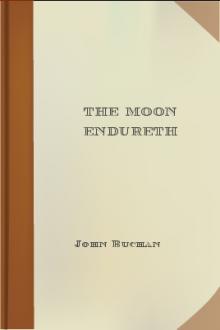
 Free Download
Free Download



